Introduction
Choosing the right database for your application is crucial. It can make or break your project. Two major types of databases dominate the market: SQL and NoSQL. Both have their strengths and weaknesses. Understanding the differences is key to making an informed decision.
What is SQL?
SQL stands for Structured Query Language. It’s a relational database management system (RDBMS). SQL databases store data in tables, with rows and columns. Each row represents a record, and each column represents a field.
SQL databases are excellent for structured data. They are highly efficient at handling complex queries, joins, and transactions. They guarantee data integrity and consistency. Popular SQL databases include MySQL, PostgreSQL, Oracle, and SQL Server.
Pros of SQL Databases:
- Consistency: SQL databases ensure that the data is stored and retrieved in the same standardized format.
- Complex Queries: They are powerful in handling complex queries, thanks to their robust query language.
- Scalability: Vertical scaling is straightforward, although it often involves increasing the server’s capacity.
Cons of SQL Databases:
- Scalability Limits: While SQL databases scale vertically by adding more power to the existing server, this can eventually become a bottleneck.
- Flexibility: The rigid schema can become a limitation when rapid development and iterations are required.
What is NoSQL?
NoSQL stands for Not Only SQL. It’s a non-relational database management system. NoSQL databases store data in various formats, including key-value pairs, document, graph, and wide-column. They are highly scalable and flexible, making them suitable for handling large volumes of unstructured or semi-structured data.
NoSQL databases excel at handling big data, real-time applications, and high-performance workloads. Popular NoSQL databases include MongoDB, Cassandra, Redis, and Couchbase.
Pros of NoSQL Databases:
- Scalability: They excel in horizontal scaling, which involves adding more servers to handle increased loads.
- Flexibility: NoSQL databases allow you to store different types of data without a predefined schema.
- Performance: They are optimized for speed in data retrieval, especially when the data requirements are predictable.
Cons of NoSQL Databases:
- Consistency: They might sacrifice consistency in favor of availability and partition tolerance (CAP theorem).
- Complex Queries: Handling complex queries can be challenging as they lack the mature query languages provided by SQL databases.
SQL Database Use Cases
- Financial Systems: SQL databases are ideal for financial applications requiring complex transactions and high accuracy.
- Inventory Management: They help in tracking inventory levels across multiple locations with precise, complex queries.
- Healthcare Records: SQL databases ensure consistent and secure storage of patient data across different healthcare services.
- Customer Relationship Management (CRM): They are perfect for managing detailed records and relationships between data in a CRM system.
- E-commerce Applications: SQL databases support the complex transactional processes required by e-commerce platforms, from order management to payment processing.
NoSQL Database Use Cases
- Social Networks: NoSQL databases handle large volumes of unstructured data like posts, comments, and user profiles efficiently.
- Real-Time Analytics: They are excellent for applications that require real-time analytics and processing large volumes of data.
- Content Management Systems: Flexible schema of NoSQL is suitable for managing various content types that change dynamically.
- Internet of Things (IoT): NoSQL is ideal for storing and processing data from IoT devices, which often generate large amounts of diverse data.
- Personalization Engines: NoSQL databases can quickly retrieve user preferences and behavior data to deliver personalized content and recommendations.
When to Use SQL Databases
- Structured Data: Opt for SQL when dealing with highly structured data that fits well into predefined schemas like tables, rows, and columns.
- Complex Queries: Use SQL if your application requires complex queries and transactions with multi-table joins and deep data analysis.
- Transactional Integrity: SQL databases, being ACID-compliant, are essential for applications where transactional integrity, such as banking and financial systems, is critical.
- Consistency and Accuracy: Necessary for applications where data consistency and accuracy are mandatory, such as in legal or healthcare record management.
When to Use NoSQL Databases
- Unstructured or Varied Data: NoSQL is suited for applications dealing with unstructured, semi-structured, or varied data types like documents, images, and videos.
- Scalability Needs: Opt for NoSQL if the application demands massive scalability, particularly horizontal scaling across many servers.
- Rapid Development: Use NoSQL for projects requiring fast iterations and where the schema might frequently change, making it ideal for startups and agile development environments.
- Big Data Applications: Suitable for handling large volumes of data and high traffic applications such as social networks or real-time analytics.
- Flexible Schema Requirements: NoSQL databases offer flexibility in data modeling, making them suitable for applications where the data structure can evolve over time.
Companies Using SQL Databases
- Microsoft SQL Server: Wells Fargo, Harris Corporation, General Electric, Yahoo
- Oracle SQL: Wells Fargo, PNC, Samsung Electronics, Honeywell
- PostgreSQL: Instagram, Spotify, Twitch, IMDb
- MySQL: Facebook, YouTube, Netflix, Quora
Companies Using NoSQL Databases
- MongoDB: Uber, Lyft, Stack, Adobe, eBay, MetLife
- Redis: Twitter, GitHub, Weibo, Pinterest, Snapchat, Craigslist
- Apache Cassandra: AT&T, T-Mobile US, Royal Bank of Canada, Tata Motors, Larsen & Toubro
Final Thoughts
In conclusion, the choice between SQL and NoSQL databases hinges largely on the specific needs and requirements of a company’s data architecture. As seen from various industry leaders, SQL databases like Microsoft SQL Server, Oracle, PostgreSQL, and MySQL are chosen for their robust transactional support, consistency, and ability to handle complex queries with structured data. These are indispensable for operations in financial services, healthcare, and other sectors where data integrity is crucial.
On the other hand, NoSQL databases such as MongoDB, Redis, and Apache Cassandra cater to enterprises that require flexibility, scalability, and high performance with unstructured data. Companies like Uber, Twitter, and AT&T leverage these databases to manage large volumes of data, handle rapid scaling, and perform quick data retrievals across distributed systems.
Ultimately, whether a company opts for SQL or NoSQL, the decision should align with its operational needs, scalability requirements, and the specific characteristics of the data it handles. This strategic choice plays a critical role in the company’s ability to innovate and scale effectively in today’s fast-paced technological landscape.



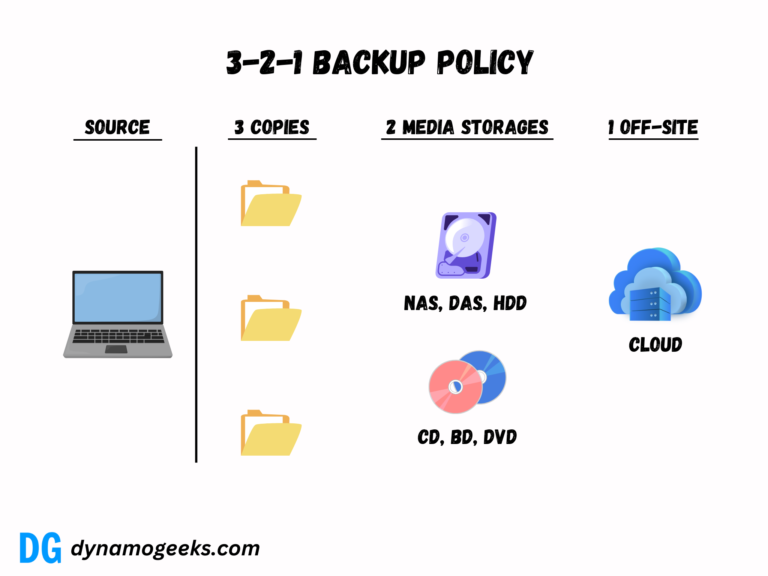
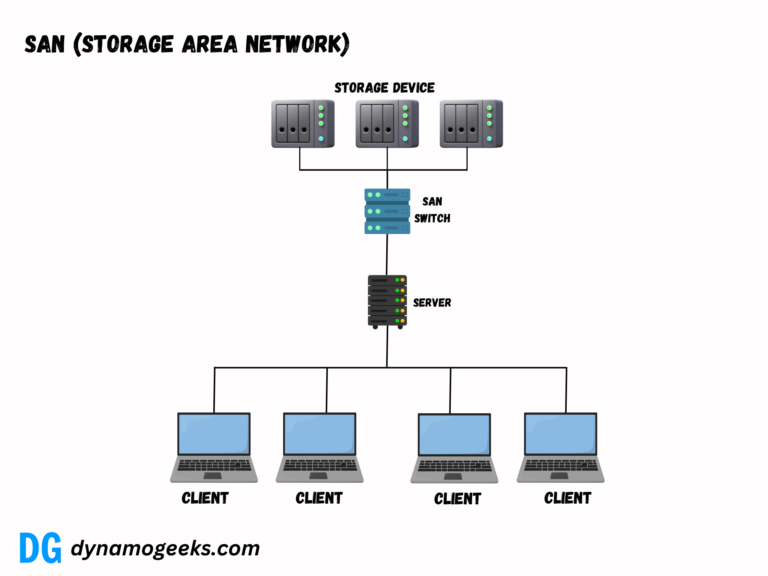
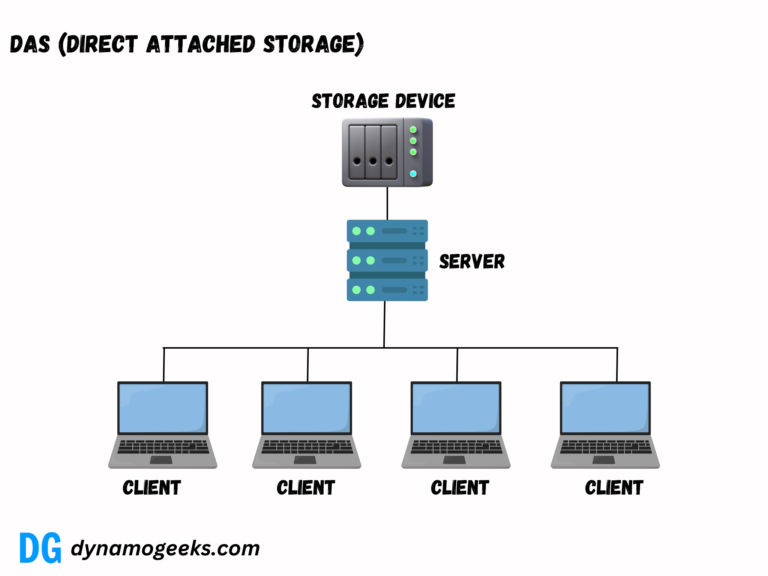
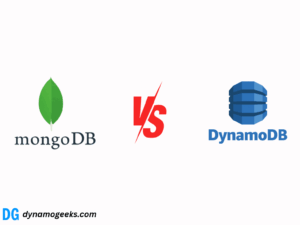

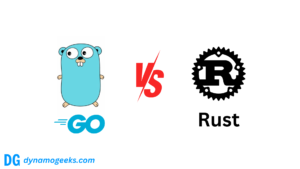
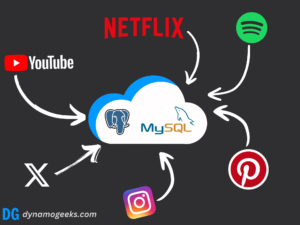
[…] For more on the differences between SQL and NoSQL, refer to this blog post: SQL vs. NoSQL in 2024. […]